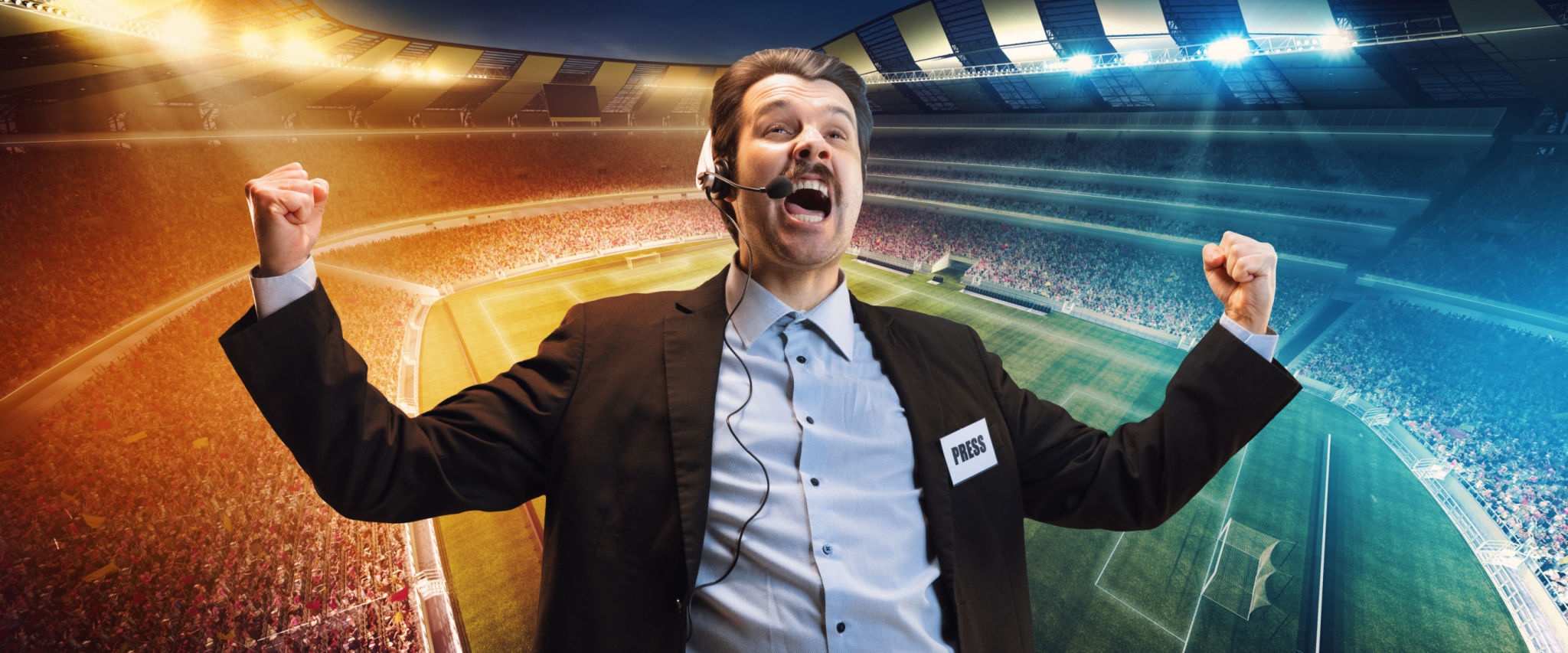How to Choose the Right Sports Talent Agent: A Comprehensive Guide
Understanding the Role of a Sports Talent Agent
Choosing the right sports talent agent is crucial for athletes looking to maximize their career potential. A sports talent agent serves as a bridge between athletes and opportunities, handling contract negotiations, sponsorship deals, and career management. Understanding their role can help you make an informed decision that aligns with your career goals.
A talent agent's primary responsibility is to negotiate contracts on behalf of the athlete. This includes securing the best possible terms and ensuring that the athlete's rights and interests are protected. Additionally, agents often play a vital role in marketing and brand development, helping athletes build their public profiles.

Researching Potential Agents
The first step in choosing the right sports talent agent is conducting thorough research. Begin by compiling a list of potential agents who have a history of working with athletes in your specific sport. Look for agents with a proven track record of success and strong industry connections.
It's also important to seek recommendations from fellow athletes or coaches. They can provide insights into an agent's reputation, work ethic, and client satisfaction. Additionally, review any available client testimonials or case studies to gauge the agent's effectiveness in managing athletic careers.

Evaluating Experience and Expertise
When evaluating potential agents, consider their level of experience and expertise in your sport. An agent who specializes in your specific athletic discipline is more likely to have relevant connections and industry knowledge. Look for agents who have successfully represented athletes at various stages of their careers.
Experience isn't just about years in the industry; it's also about the quality of work. Assess the agent's past achievements, such as high-profile contracts or successful brand partnerships. An agent with a strong portfolio will likely have a deeper understanding of market trends and athlete needs.

Assessing Communication and Compatibility
Effective communication is key to a successful athlete-agent relationship. During initial meetings, pay attention to how well the agent listens to your concerns and goals. An agent who prioritizes open communication is more likely to understand and advocate for your needs.
Compatibility is equally important. Your agent should share your vision for your career and demonstrate a genuine interest in your personal and professional growth. Consider how well you connect on a personal level, as this can impact the long-term success of your partnership.

Negotiating Terms and Agreements
Once you've identified a potential agent, it's time to discuss terms and agreements. Be clear about your expectations and financial goals. An experienced agent should be able to outline their fee structure, typically a percentage of the athlete's earnings, and any additional costs involved.
Review the contract carefully before signing. Ensure that all agreed-upon terms are documented, including the scope of services provided and duration of the contract. It's advisable to seek legal advice to ensure that your rights are fully protected.

Making the Final Decision
After evaluating all factors, it's time to make your final decision. Trust your instincts and choose an agent who not only meets the criteria but also feels like the right fit for you personally. Remember, this partnership can significantly impact your career trajectory, so take the time needed to make a confident choice.
A successful relationship with a sports talent agent can open doors to numerous opportunities, enhancing both your career and personal growth. By following these guidelines, you can find an agent who will be a valuable ally in achieving your athletic aspirations.
